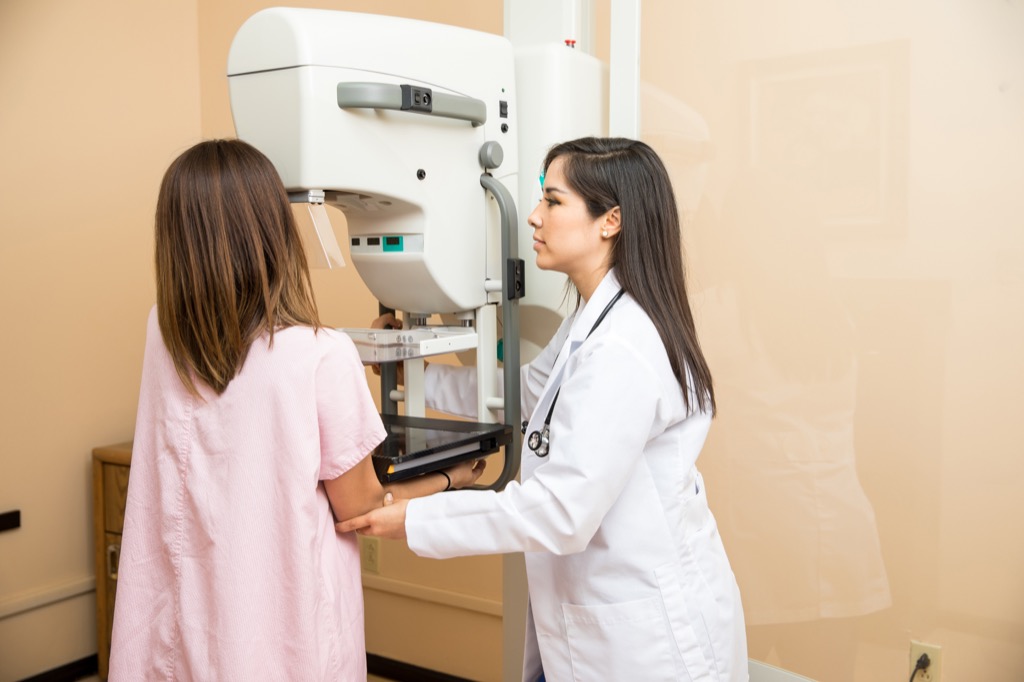The director of the National Cancer Institute, Norman “Ned” Sharpless, MD, wrote in an editorial for the journal Science that these postponed appointments could translate into over 10,000 avoidable cancer deaths over the coming decade. Given that research efforts for many diseases have also stalled during this time of global emergency, we may see fewer advancements in cancer research, and fewer lives saved over time. As Sharpless points out, in the age of social distancing, people have been especially wary of medical settings like hospitals—many of which have been primarily used to treat COVID patients over recent months. “Fear of contracting the coronavirus in healthcare settings has dissuaded people from screening, diagnosis, and treatment for non–COVID-19 diseases,” he explains. He further states that while there has been a steep decline of cancer diagnoses, there is no reason to think the actual incidence of cancer has declined. This means that many Americans are missing out on critical care that they could be receiving during earlier stages of the disease. This could have tremendous long-term implications, he says, given that “the earlier one receives cancer treatment, the better the results.” Sharpless adds that “cancers being missed now will still come to light eventually, but at a later stage, and with worse prognoses.“ae0fcc31ae342fd3a1346ebb1f342fcb RELATED: For more up-to-date information, sign up for our daily newsletter. So, if you’ve been putting off your mammogram or colonoscopy due to coronavirus, it may be time to rethink your strategy. If you live in an area where coronavirus numbers are contained, go ahead and make an appointment in a healthcare setting that you feel is taking appropriate precautions against coronavirus transmission. And read on to debunk the 23 Myths About Cancer You’ve Always Believed.
